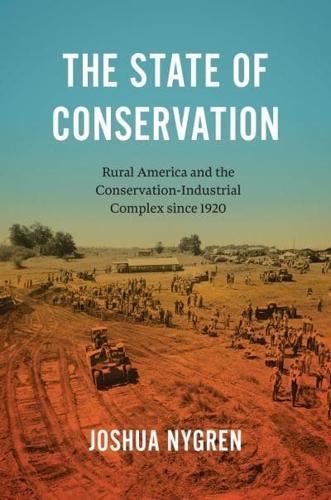Publisher's Synopsis
Throughout the twentieth century, natural resource conservation emerged as a vital force in US politics, laying the groundwork for present-day ""sustainability."" Merging environmental, agricultural, and political history, Joshua Nygren traces the political economy and ecology of agricultural conservation through the lens of the ""conservation-industrial complex."" This evolving public-private network-which united the US Department of Agriculture, Congress, local and national organizations, and the agricultural industry-guided soil and water conservation for much of the century. Contrary to the classic tales of US environmental politics and the rise and fall of the New Deal Order, Nygren emphasizes continuity. He demonstrates how the conservation policies, programs, and partnerships of the 1930s and 1940s persisted through the age of environmentalism, and their defining traits anticipated those typically associated with late-twentieth century political culture.
The conservation-industrial complex promoted a development-oriented brand of conservation that aided the rise of large-scale, capital-intensive agriculture which continues today. It reshaped the physical and political landscapes of the country, leading to impressive victories and spectacular failures by privileging some environments, degrading others, and intensifying farm depopulation. In the name of environmental protection, agricultural conservation made rural America less equal.









